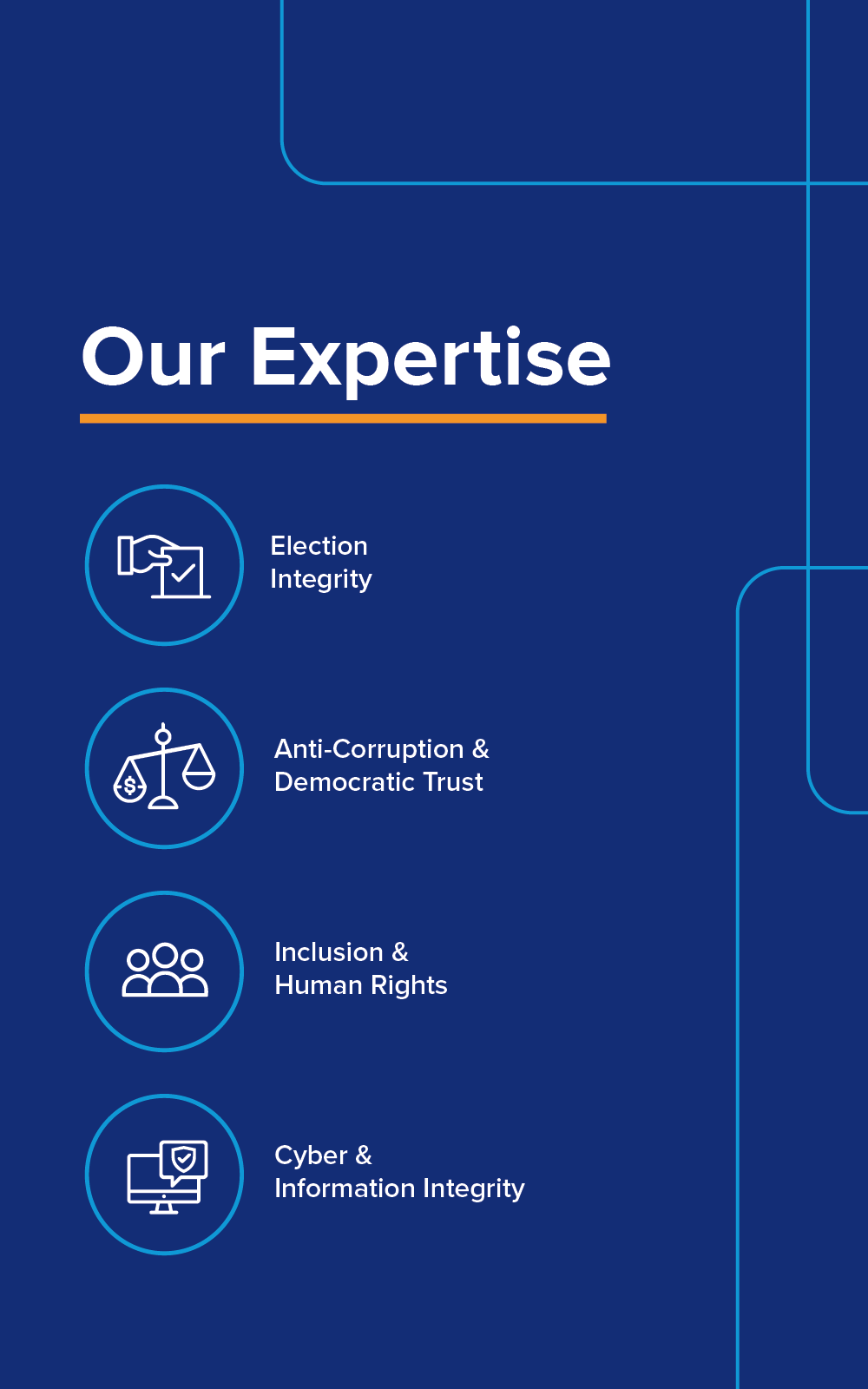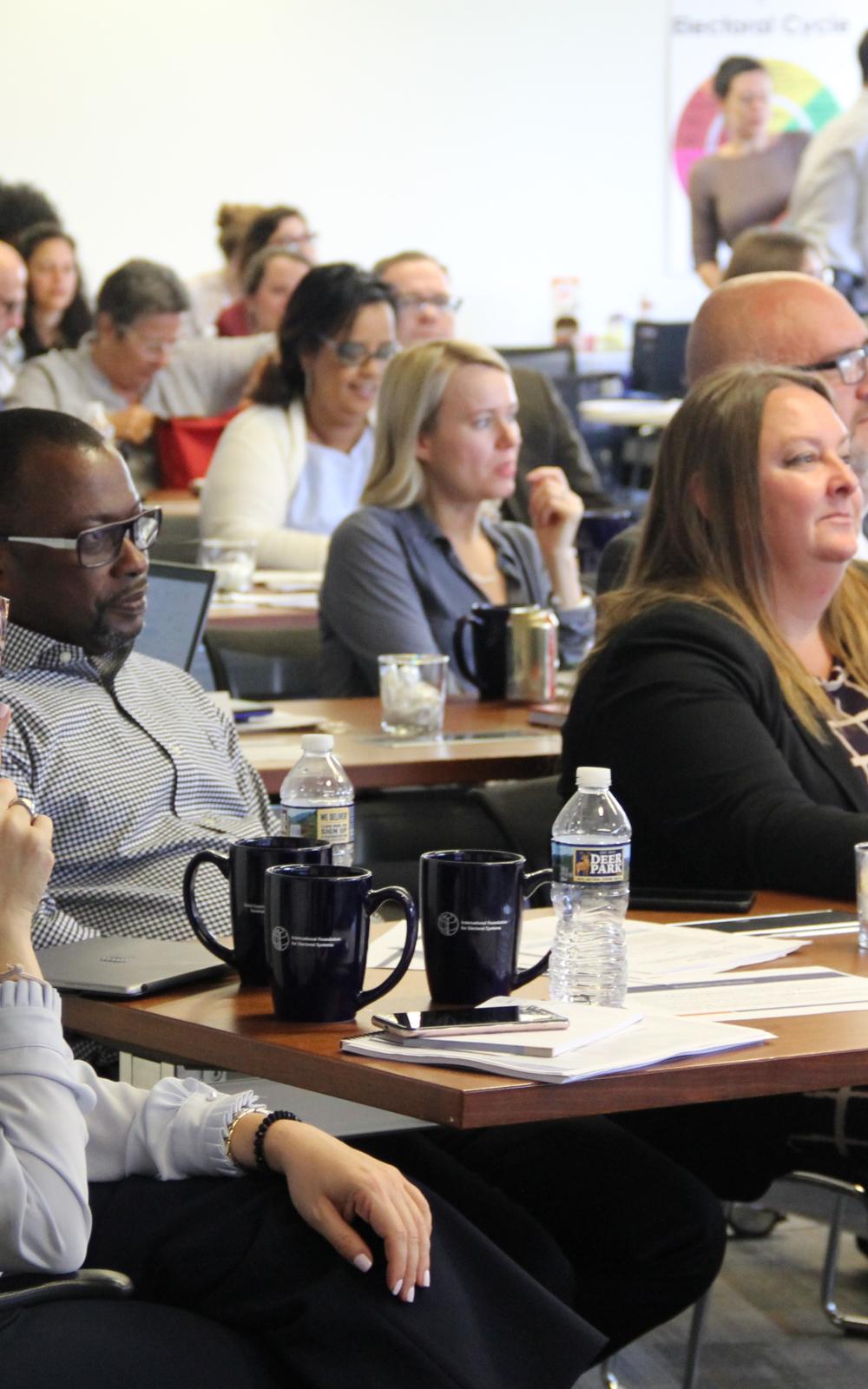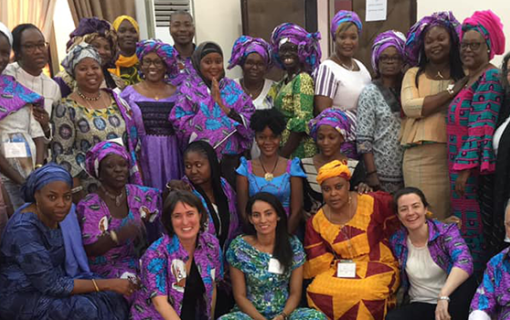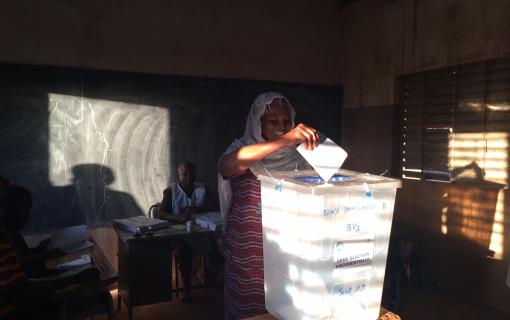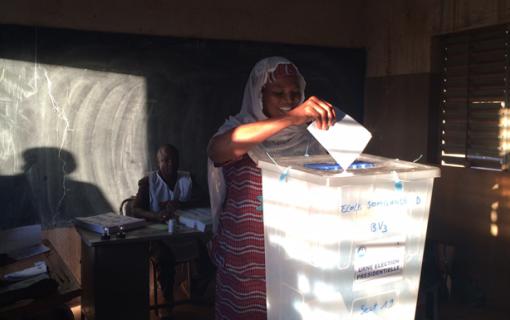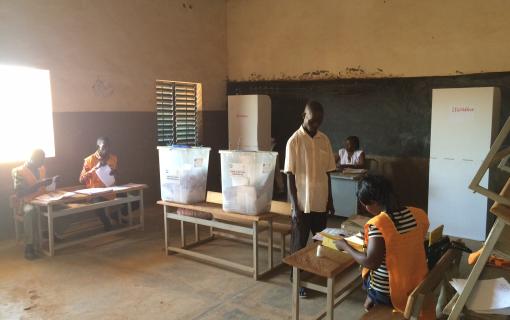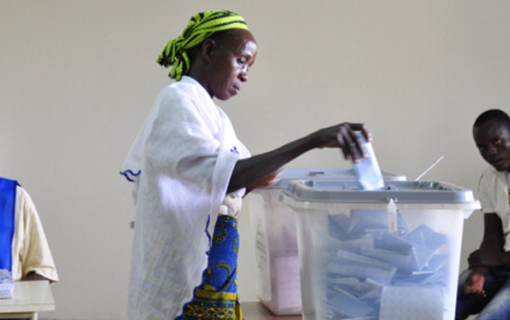Burkina Faso
Following the 2014 popular uprisings that removed long-time ruler Blaise Compaoré from power, an unprecedented democratic opening emerged in Burkina Faso for one of the first times since the country’s independence. This culminated in democratic elections held in 2020. However, a military coup in 2022 and an escalation of violence have posed new challenges. In this context, IFES is working with the Independent National Electoral Commission (CENI) and other partners in Burkina Faso to support the return to democratic and representative governance in the country.
A rapid escalation of jihadist-driven insecurity in Burkina Faso endangers a substantial portion of the populace while making regions of the country inaccessible to government officials and limits civic engagement. Due to security concerns, the CENI prevented over 10 percent of electoral precincts from voting in the November 2020 elections out of fear of attacks. In addition, the massive social and economic upheaval caused by the prolonged and intensifying conflict has internally displaced nearly one million Burkinabe. These challenges are exacerbated by the risks and restrictions imposed by the novel coronavirus pandemic, which — for the sake of public health — constrains public assembly, freedom of movement, economic opportunity and safe access to political participation. This was further complicated by a coup d'état in January 2022 which led to the overthrow of President Kaboré and the installment of a transitional military government.
IFES currently implements the Promoting Peaceful, Democratic, Transparent and Inclusive Elections in Burkina Faso project (PPDTIE-BF), funded by the United States Agency for International Development. This Consortium for Elections and Political Process Strengthening (CEPPS) project is implemented in coordination with the National Democratic Institute. IFES has provided targeted technical assistance to the current iteration of the CENI and will provide training and technical support to the new CENI Board members, who are anticipated to start their mandate in August 2021. In the build-up to delayed local elections (scheduled to be held in May 2022), IFES will assist electoral stakeholders to institute short-term electoral reforms and support measures for the Burkinabe electoral framework to be more inclusive of traditionally marginalized groups. After the local elections, IFES will support the institutionalization of the CENI's capacity building to allow them to meet future needs in the post-electoral phase sustainably.
Our Global Expertise
